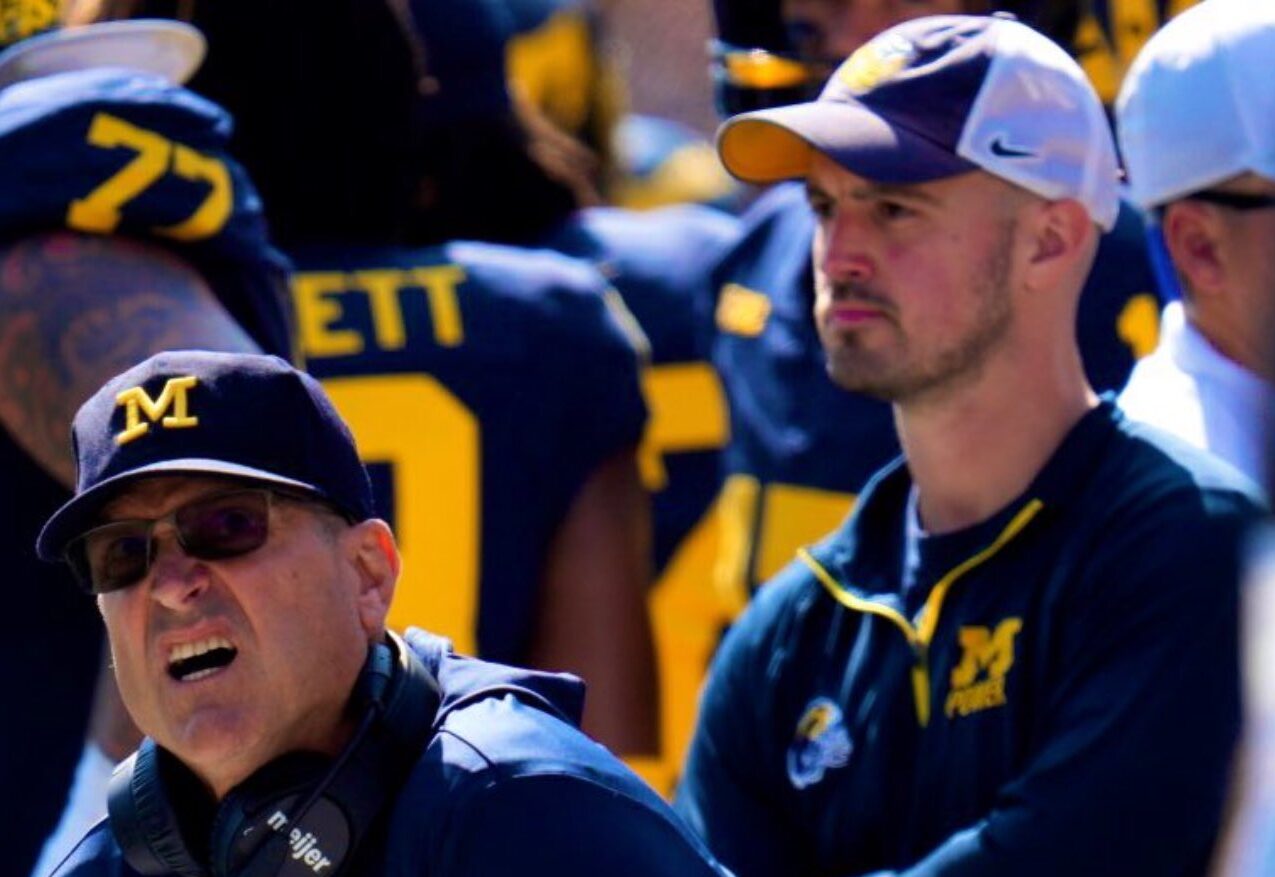
Recently, Jim Harbaugh addressed allegations regarding his involvement in the Connor Stalions sign-stealing scandal. Speaking to Los Angeles Chargers reporters, Harbaugh vehemently denied any wrongdoing.
“Never lie. Never cheat. Never steal. I was raised with that lesson. I have raised my family on that lesson. I have preached that lesson to the teams that I’ve coached,” Harbaugh stated, during a press conference earlier this week. “No one’s perfect. If you stumble, you apologize and make it right. Today, I do not apologize. I did not participate, was not aware, nor complicit in those said allegations. So for me, it’s back to work and attacking with an enthusiasm unknown to mankind.”
According to the NCAA’s notice of allegations (NOA) draft, Harbaugh did not cooperate with the investigation by refusing to share relevant messages and phone records. As a result, Harbaugh could face a show-cause penalty if he ever decides to return to college sports.
Harbaugh is not alone in facing scrutiny. Sherrone Moore, his successor as Michigan’s head coach, is also implicated in the scandal. Moore allegedly deleted 52 text messages between him and Stalions on the day media reports exposed the sign-stealing operation. Moore, along with former staffers Chris Partridge and Denard Robinson, is accused of committing Level 1 violations. Additionally, former staffers Jesse Minter and Steve Clinkscale are accused of Level 2 violations unrelated to the Stalions case.
Pete Thamel and Dan Murphy of ESPN reported that Moore could face the most severe penalties, including a show-cause penalty and a suspension. Thamel suggested that despite the allegations, Michigan is unlikely to face a postseason ban or have any past accomplishments nullified.
“This is all a continuation of a long, drawn-out story that in many people’s eyes, probably other than the NCAA, is over,” said Paul Finebaum, who has been vocal about the scandal. Finebaum believes the NCAA’s actions against Michigan will likely result in minimal penalties due to widespread skepticism about the organization’s relevance and authority.
As the scandal continues to unfold, Netflix will release a documentary on August 27 titled “UNTOLD: Sign Stealer,” where Connor Stalions will share his perspective on the sign-stealing scheme.
Critics argue that if the NCAA is hesitant to impose severe penalties like scholarship reductions or a postseason ban, it leaves them with limited options. One approach would be to target specific coaches for punishment, which seems likely given the involvement of Harbaugh, Moore, and others. Another option would be to vacate wins, similar to what was done to Kentucky when 11 football players were found to have received payments for work they did not perform while also receiving NIL compensation in 2021 and 2022.
A key question remains whether the NCAA will officially recognize Michigan’s championship. If the title is not revoked, Michigan could face penalties including the suspension of coaches, vacating wins from the 2021, 2022, and possibly 2023 seasons, probation, and a substantial financial fine.
The potential consequences for Michigan raise concerns about the effectiveness of these penalties in deterring other programs from breaking rules. If the NCAA’s actions do not serve as a strong deterrent, it may lead to further erosion of integrity within college athletics.
Harbaugh’s departure to the Chargers and the subsequent fallout for Michigan’s football program highlights the ongoing challenges faced by college athletics in maintaining integrity and accountability. As the NCAA’s investigation proceeds, the football world watches closely to see what consequences, if any, will be imposed on the Wolverines.
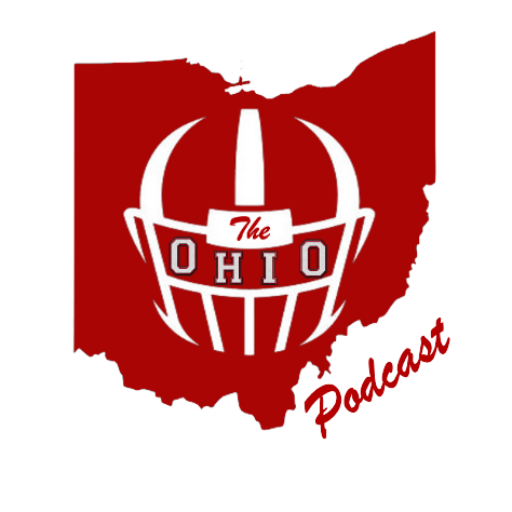
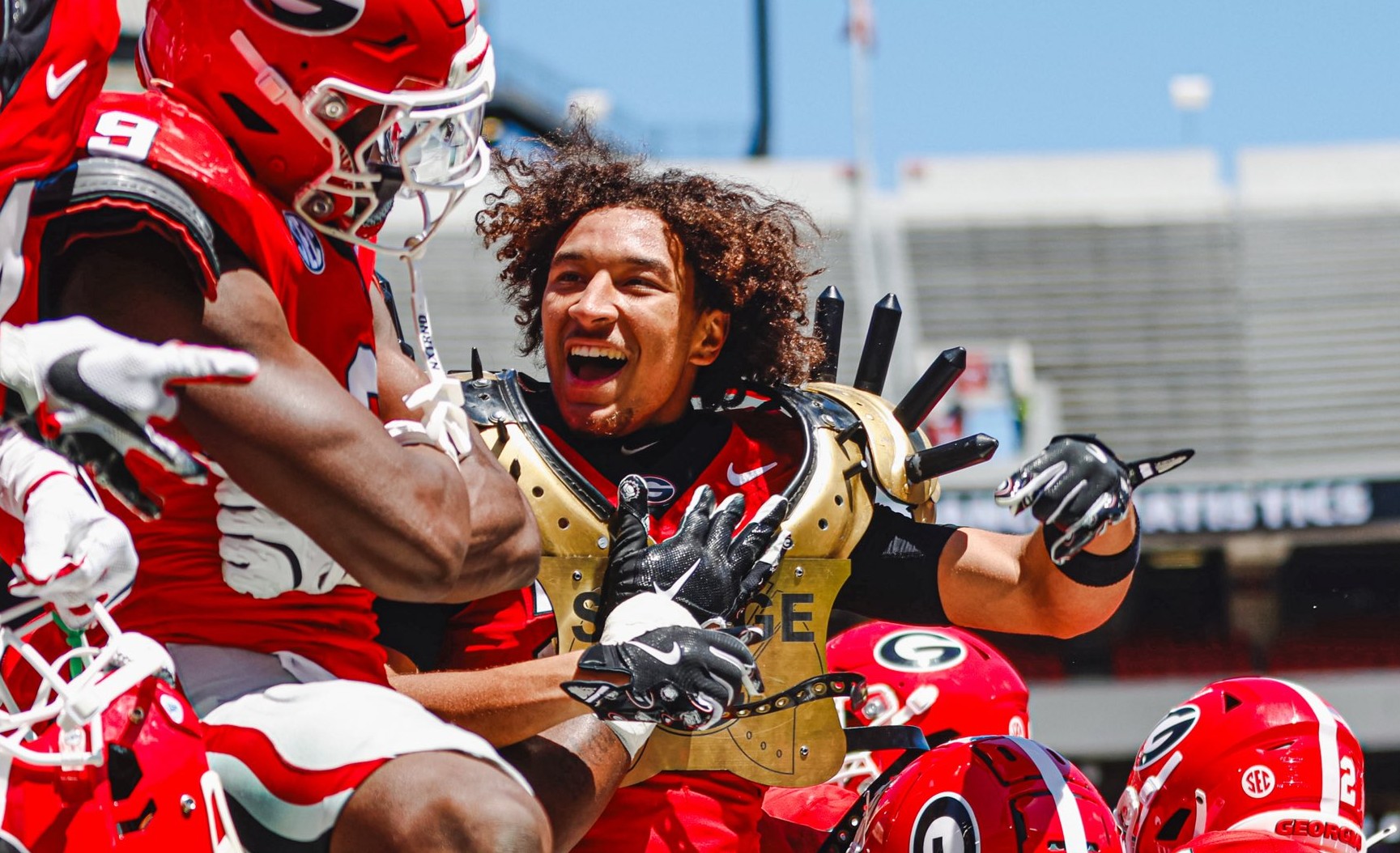
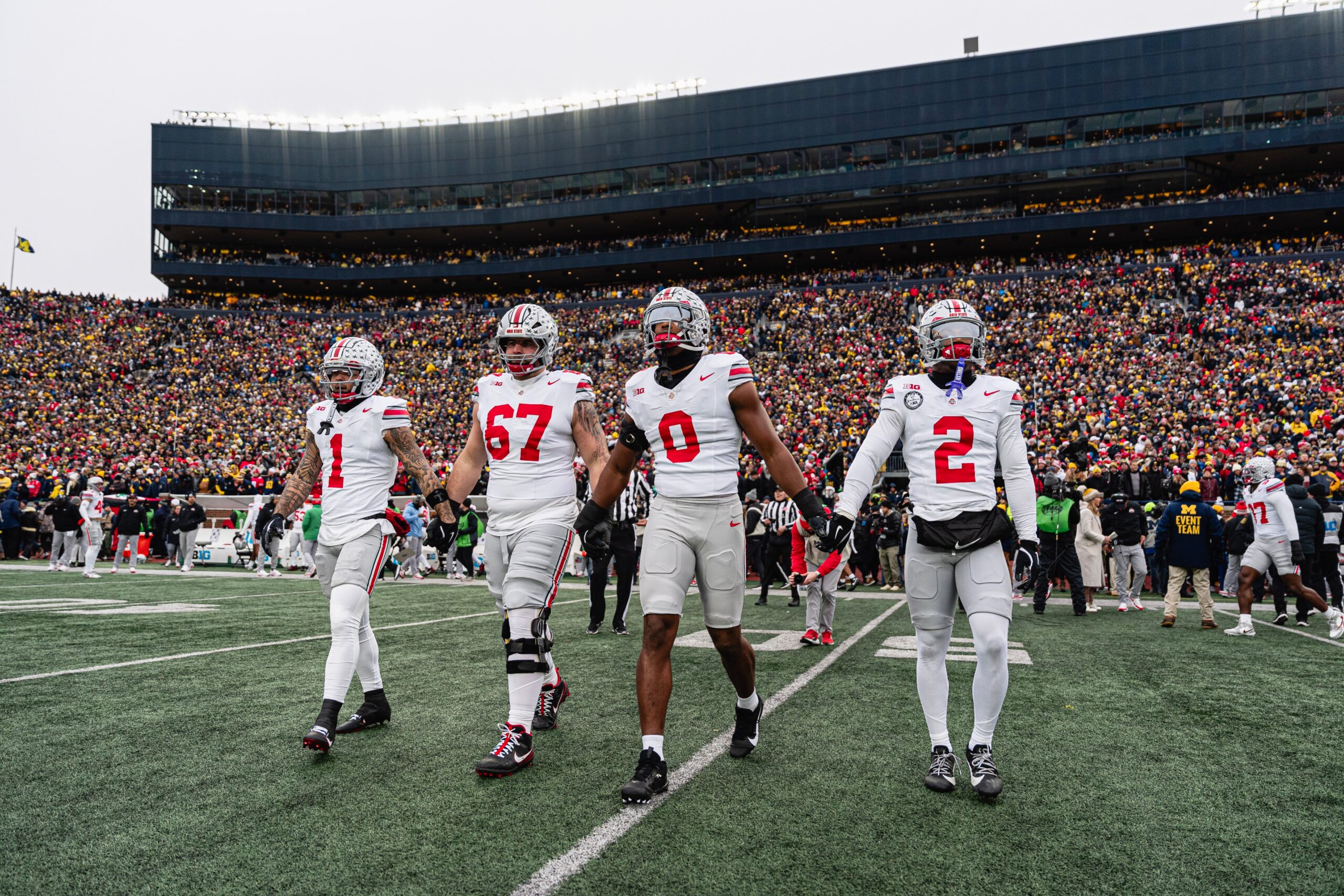
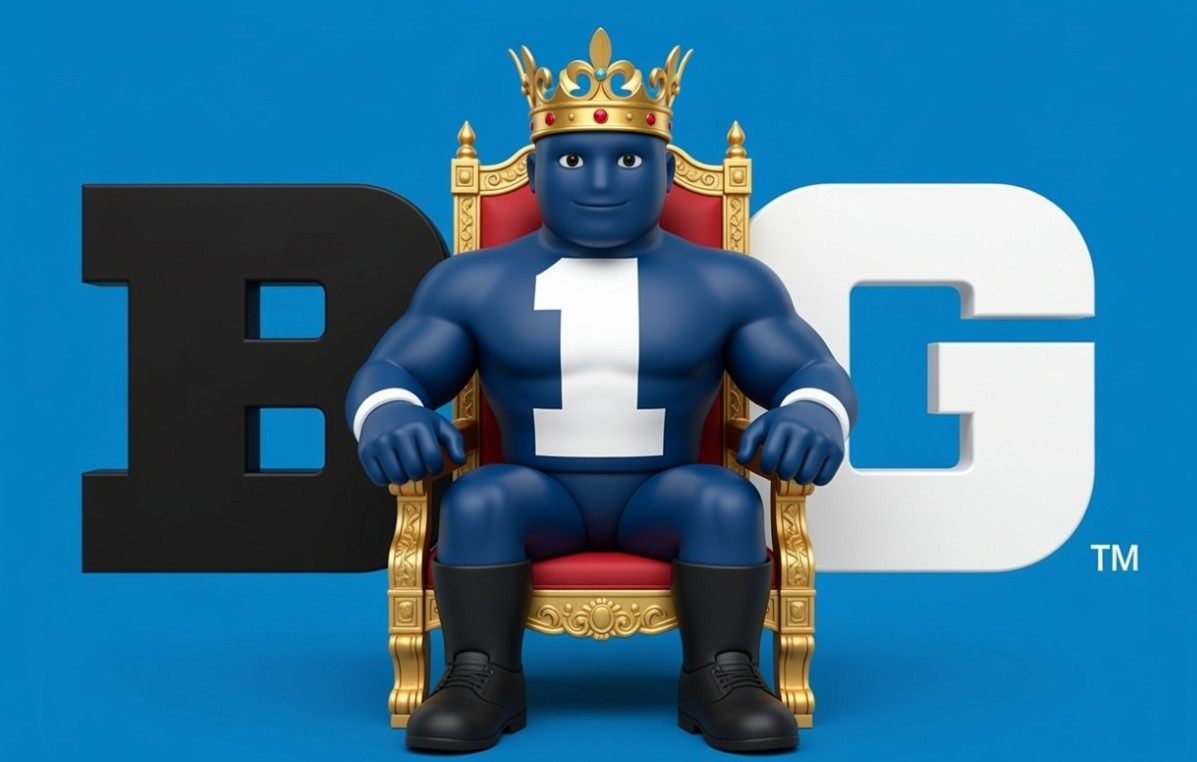
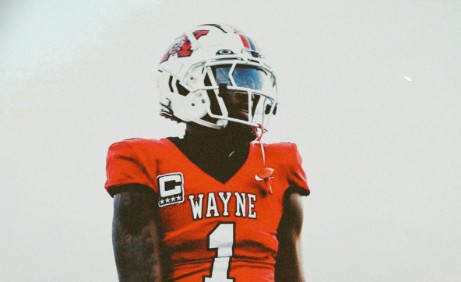
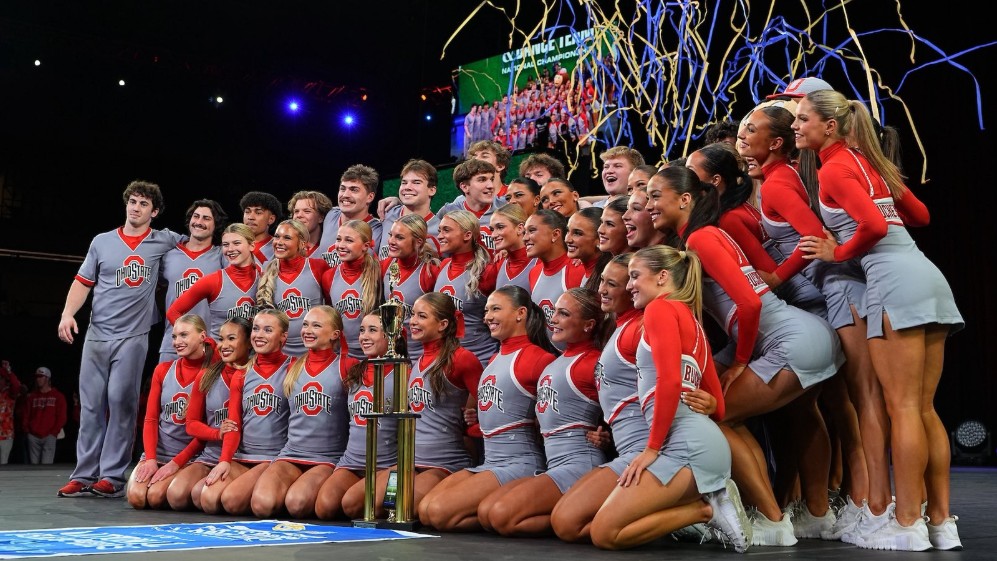
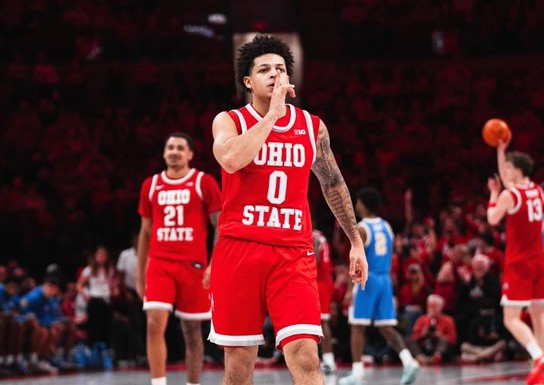



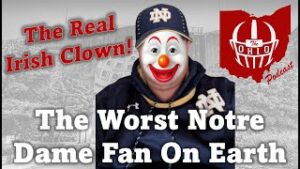
[…] Harbaugh Denies Involvement While the NCAA Decides what Punishment Michigan Should Face […]
[…] Harbaugh Denies Involvement While the NCAA Decides what Punishment Michigan Should Face […]